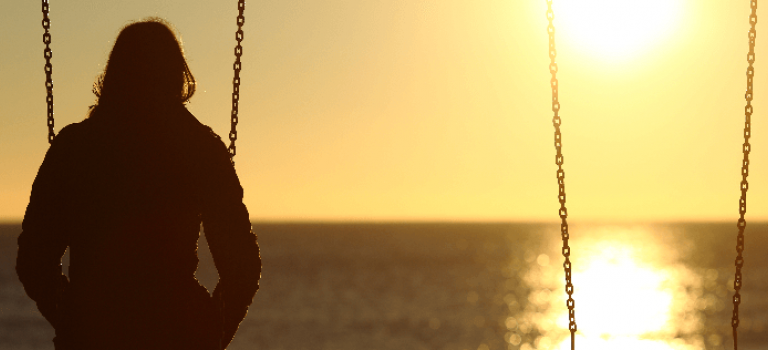Information on the Limitation (Childhood Abuse) (Scotland) Act
Why changes in child abuse law were needed
For years in Scotland, survivors of childhood abuse had to make a civil compensation claim within three years of turning 16 – this was known as a “time bar”.
But studies suggested women often don’t talk about their abuse until 18 years after it happened – and men may not speak until 25 years later.
As a result, the Scottish Government introduced the Limitation (Childhood Abuse) (Scotland) Act on Wednesday 4 October 2017.
This removed the time bar and gives victims time to heal so they may approach civil action when they are ready, and not when red-tape tells them to.
What is covered by the Act?
The Act defines child abuse as including sexual abuse, physical abuse and emotional abuse.
There is no clear definition about what emotional abuse involves but for civil claims, we may refer to the National Guidance for Child Protection Scotland, which argues:
“Emotional abuse is persistent emotional neglect or ill treatment that has severe and persistent adverse effect on a child’s emotional development. It may involve conveying to a child that they are worthless or unloved, inadequate or valued only in so far as they meet the needs of another person. It may involve imposition of age or developmentally inappropriate expectations on a child. It may involve causing children to feel frightened or in danger, or exploiting or corrupting children. Some level of emotional abuse is present in all types of ill treatment of a child; it can also occur independently of other forms of abuse.”
Claims previously raised by abuse survivors
A childhood abuse survivor who received compensation via previous action cannot re-raise the same case – even if they only received a token payment. But a victim who fought and lost a claim can re-raise it.
Who can be sued in childhood abuse claims?
An individual abuser can be sued directly but only if they have the money or assets to cover the cost of the compensation sum being sought.
What if the perpetrator has died?
A claim can be made against their estate provided their assets have not yet been divided.
Can you hold organisations responsible for the abuse?
Yes (in certain circumstances) – a rule called “vicarious liability” means a victim can sue an abuser’s employer or affiliate organisation e.g religious groups, football clubs and youth associations.
Privacy & Confidentiality
Unlike criminal courts there is no automatic right for anonymity with civil compensation claims. However a court order can often be obtained to protect the victim’s privacy.
Right to a fair trial
Section 17D of The Act gives an abuser the chance to have the case against them dismissed – such as arguing previous court action or media coverage prevents a fair hearing. The decision on this rests with the Court.
0333 200 5926
Monday to Friday: 8am - 7pm
Saturday and Sunday: 12pm - 4pm
(Please note, local rate, even from mobile)
Email enquiry form
Complete our enquiry form and we will strive to reply within 24 hours
Follow us

-
based on 3,287 reviewsShowing our 4 and 5 star reviews.


